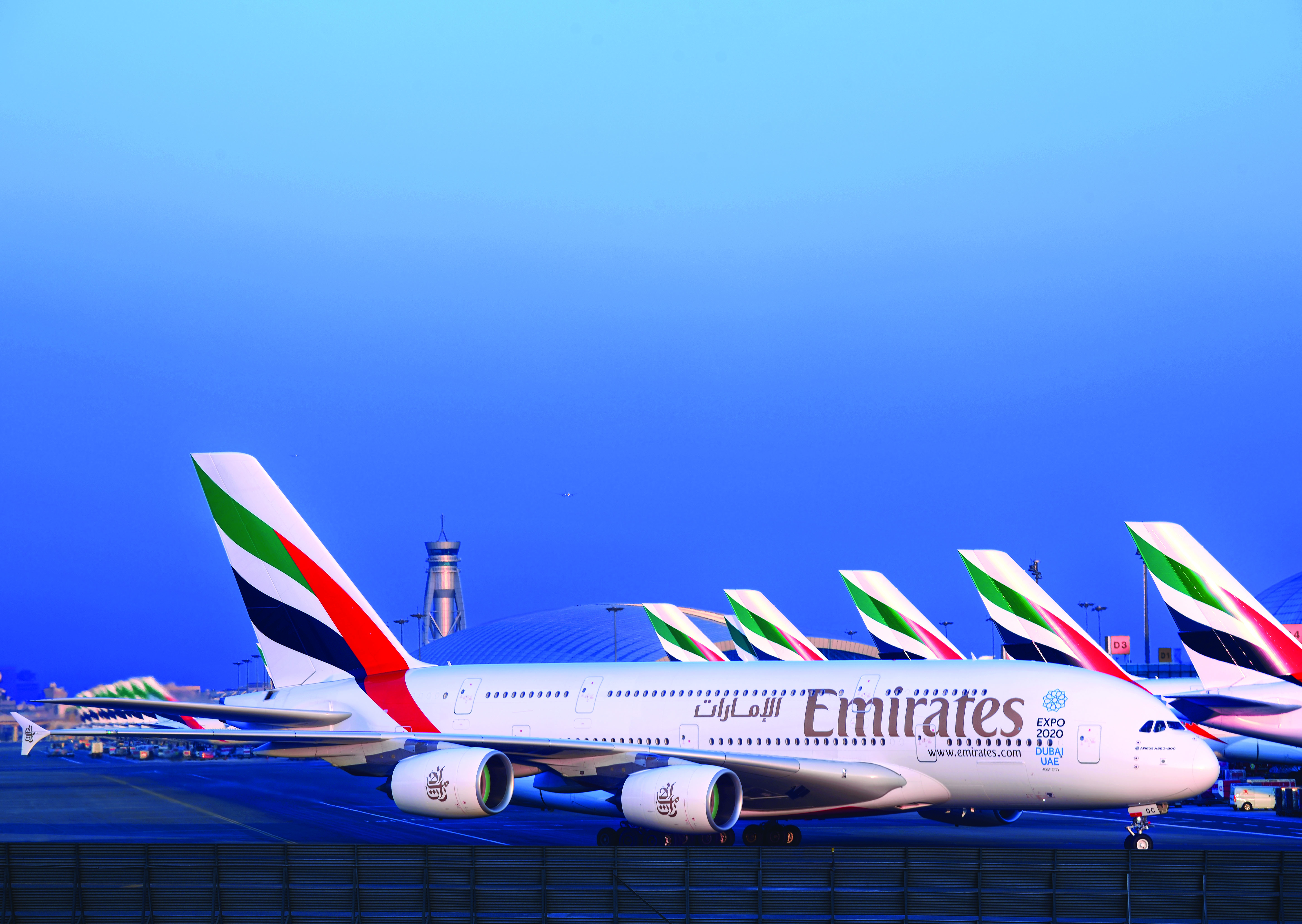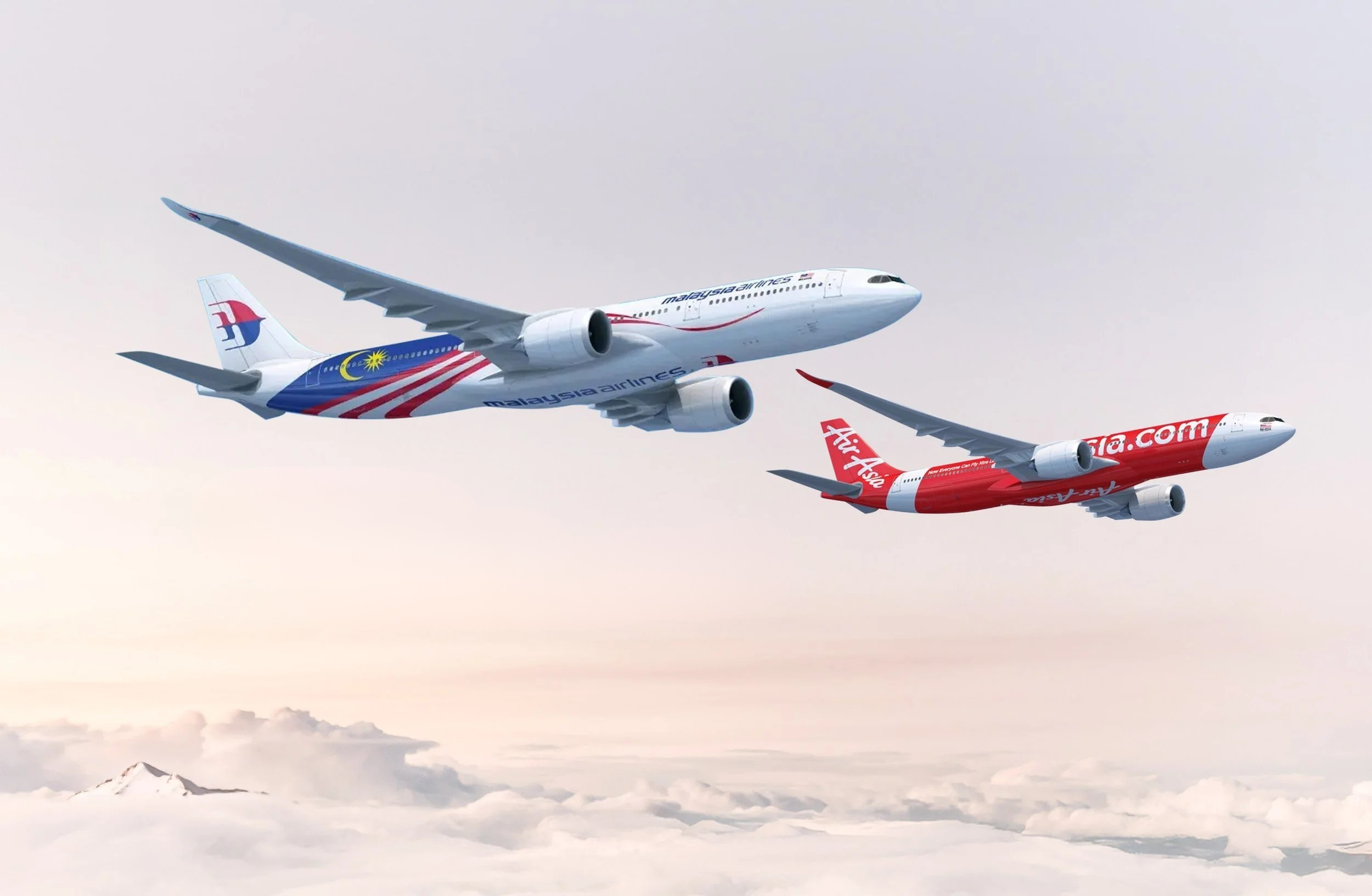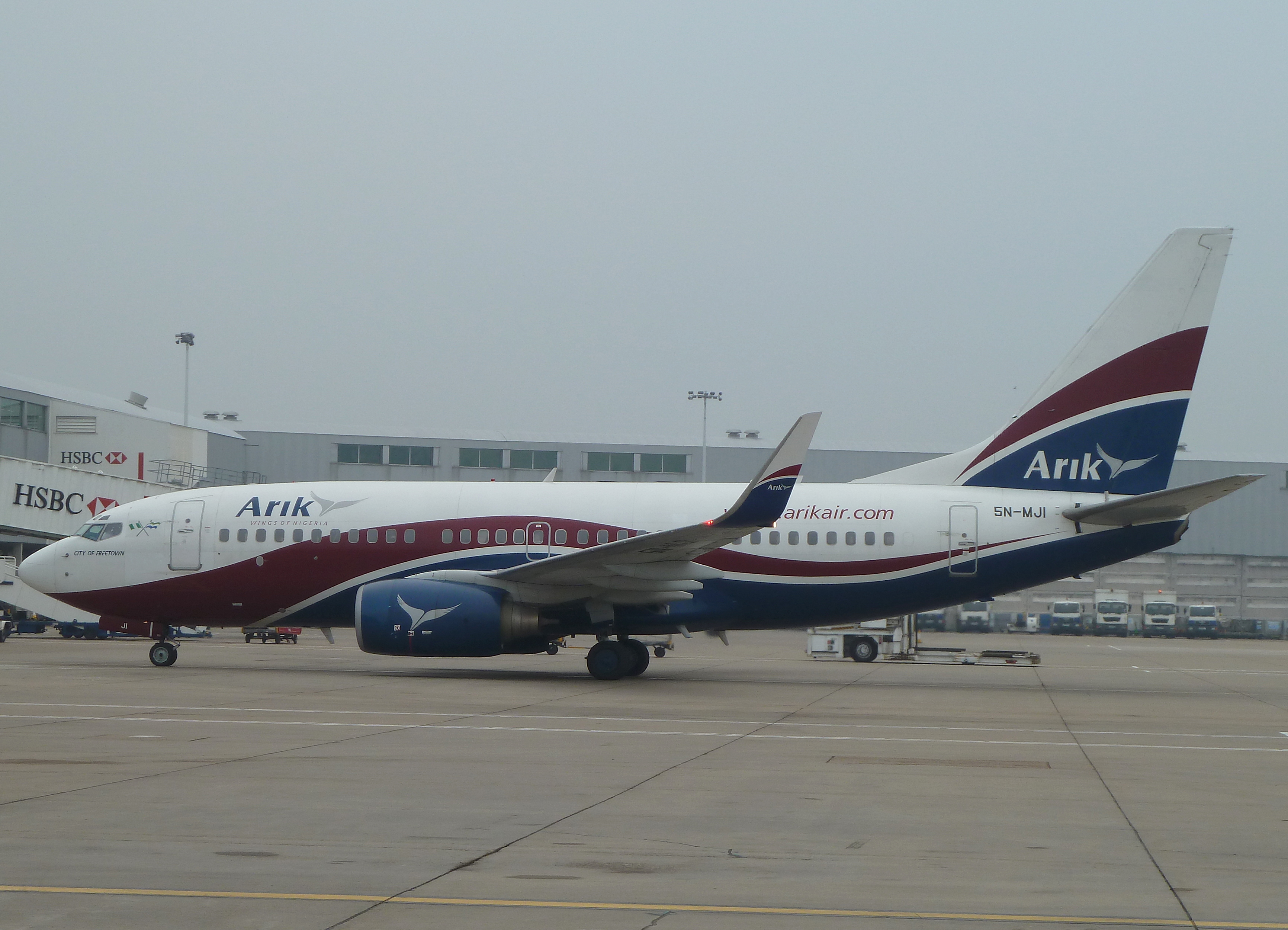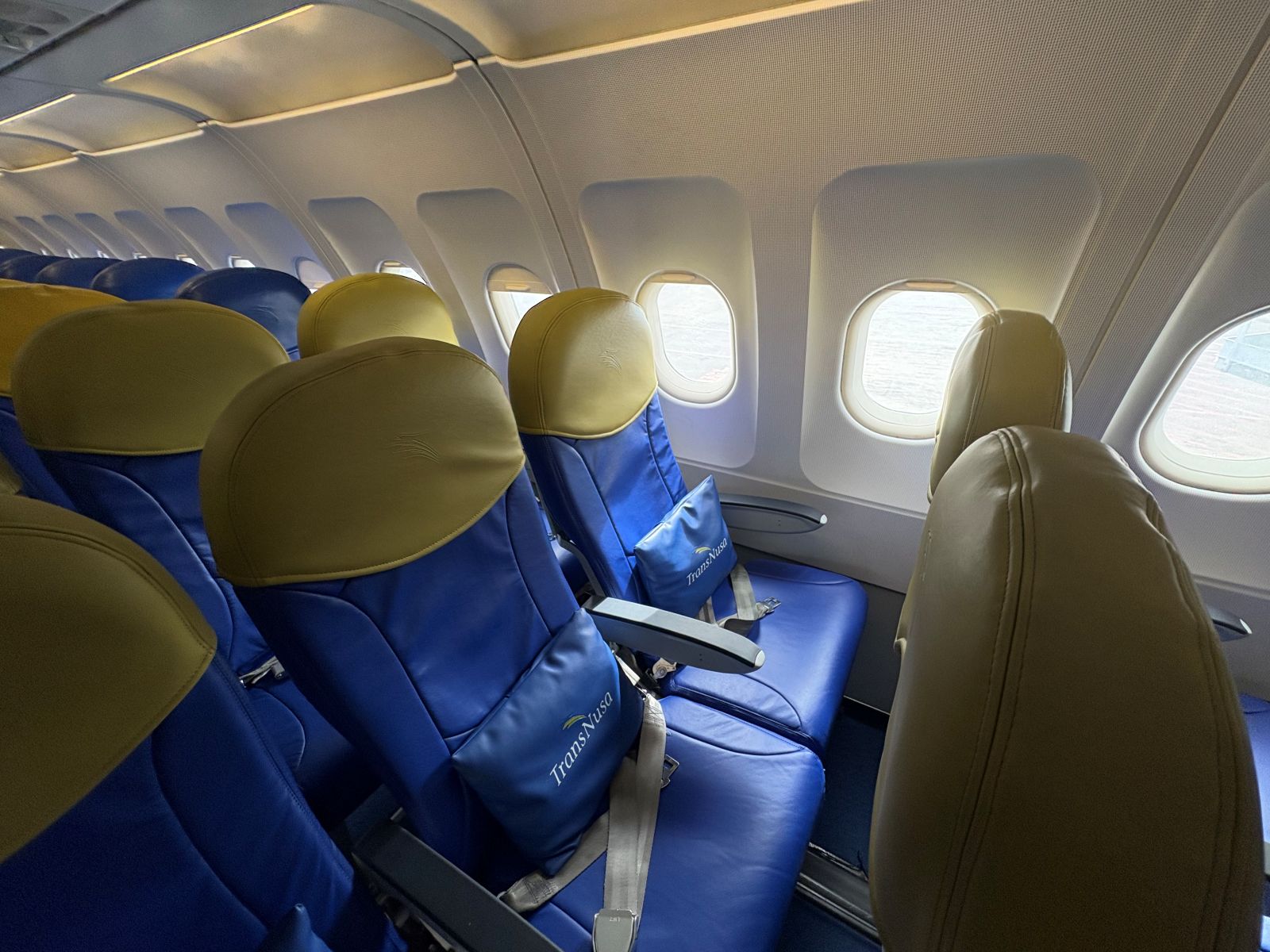What will Virgin Australia look like on the other side of administration – if it survives?
That is the question 10,000 staff and almost 11 million Velocity frequent flyers are desperate to know.
The answer all depends upon how successful the administrators are in reducing the debt by restructuring and then which group is the successful bidder.
And then there are some twists.
One of the buyers mentioned is US-based Indigo Partners, which owns stakes in several ultra-low-cost airlines around the world.
It has a controlling interest in US-based Frontier Airlines and Chilean JetSmart, as well as stakes in Mexico-based Volaris and European low-cost carrier Wizz Air.
If it is successful in acquiring Virgin Australia it would almost certainly take the airline down market, - below Jetstar - and quit international services.
READ Emirates ramps up COVID-19 refunds
But why would you do that when Jetstar is so well established in the market and frequent flyers can earn Qantas Points.
It makes no sense and if that was the flight path to the ultra-budget section of the market then you will lose the majority of the Velocity frequent flyer members and staff morale would plummet.
At the other end of the scale are equity groups such as BGH Capital with one of its investors Singapore's sovereign wealth fund Temasek Holdings Ltd, which said in 2018, that it is interested in co-investing with BGH Capital “should a new investment opportunity arise.”
Singapore-based Temasek which was a partner in the original set up of BGH in 2018 is also indirectly a major shareholder in Virgin Australia via its majority holding in Singapore Airlines which owns 25 per cent of Virgin Australia.
But observers in Singapore say its way too early to make that call.
“Singapore Airlines and Temasek may be involved but possibly not initially,” one analyst said.
“Singapore Airlines is totally preoccupied with its own survival and what that looks like.”
However, assuming a Singapore connection in a rebirth of Virgin it's likely that the airline will remain up-market.
The other scenario is a hybrid model which keeps the business class and the Economy X but pitched down market slightly, more like a US domestic carrier such as JetBlue or Alaska Airlines.
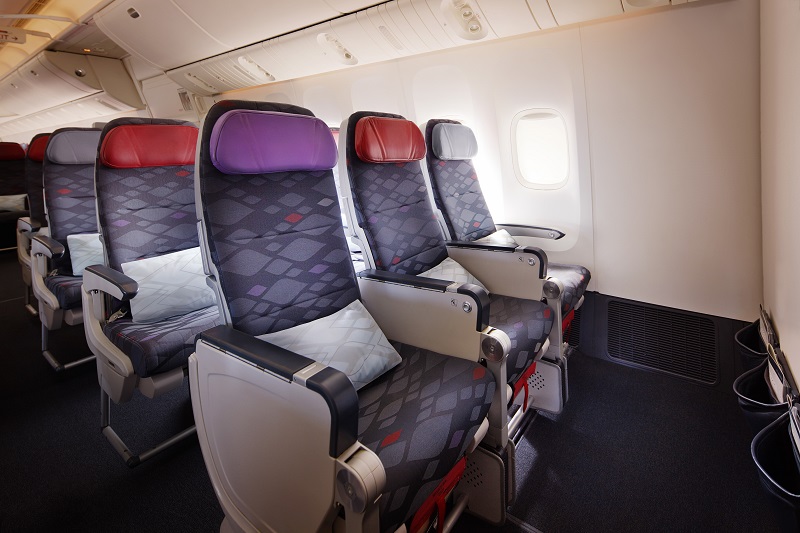 Under that model, international services would probably be scrapped.
The X factor in any deal is what the federal government may allow.
After the collapse of the two Compass Airlines in the early 90s the government made sweeping changes to the airline system which resulted in government-owned Qantas and Australian Airlines being merged and floated and Ansett being allowed to fly international routes.
Also, Air New Zealand was permitted to fly on Australian domestic routes, reciprocating what the kiwis allowed for some years.
However, at the last minute, Australia reneged on that deal.
Those merger changes, the last-minute change of heart with the kiwis, plus a later decision to allow foreign-owned airlines - Virgin Blue - to operate in Australia led to the demise of Ansett in 2001.
Investor groups buying into a restructured Virgin Australia will be looking for concessions from government and the scope and nature of those will play a role in shaping what the airline will look like.
Would it allow Singapore Airlines or Air New Zealand to fly domestically with some of their own crews on the proviso that the Virgin staff are also part of the deal?
Could we enter a new era of an Australia / New Zealand / Singapore single market?
The value in Virgin is its staff, product and brand which are amongst the world best.
An answer to those questions is probably a month away.
Under that model, international services would probably be scrapped.
The X factor in any deal is what the federal government may allow.
After the collapse of the two Compass Airlines in the early 90s the government made sweeping changes to the airline system which resulted in government-owned Qantas and Australian Airlines being merged and floated and Ansett being allowed to fly international routes.
Also, Air New Zealand was permitted to fly on Australian domestic routes, reciprocating what the kiwis allowed for some years.
However, at the last minute, Australia reneged on that deal.
Those merger changes, the last-minute change of heart with the kiwis, plus a later decision to allow foreign-owned airlines - Virgin Blue - to operate in Australia led to the demise of Ansett in 2001.
Investor groups buying into a restructured Virgin Australia will be looking for concessions from government and the scope and nature of those will play a role in shaping what the airline will look like.
Would it allow Singapore Airlines or Air New Zealand to fly domestically with some of their own crews on the proviso that the Virgin staff are also part of the deal?
Could we enter a new era of an Australia / New Zealand / Singapore single market?
The value in Virgin is its staff, product and brand which are amongst the world best.
An answer to those questions is probably a month away.
 Under that model, international services would probably be scrapped.
The X factor in any deal is what the federal government may allow.
After the collapse of the two Compass Airlines in the early 90s the government made sweeping changes to the airline system which resulted in government-owned Qantas and Australian Airlines being merged and floated and Ansett being allowed to fly international routes.
Also, Air New Zealand was permitted to fly on Australian domestic routes, reciprocating what the kiwis allowed for some years.
However, at the last minute, Australia reneged on that deal.
Those merger changes, the last-minute change of heart with the kiwis, plus a later decision to allow foreign-owned airlines - Virgin Blue - to operate in Australia led to the demise of Ansett in 2001.
Investor groups buying into a restructured Virgin Australia will be looking for concessions from government and the scope and nature of those will play a role in shaping what the airline will look like.
Would it allow Singapore Airlines or Air New Zealand to fly domestically with some of their own crews on the proviso that the Virgin staff are also part of the deal?
Could we enter a new era of an Australia / New Zealand / Singapore single market?
The value in Virgin is its staff, product and brand which are amongst the world best.
An answer to those questions is probably a month away.
Under that model, international services would probably be scrapped.
The X factor in any deal is what the federal government may allow.
After the collapse of the two Compass Airlines in the early 90s the government made sweeping changes to the airline system which resulted in government-owned Qantas and Australian Airlines being merged and floated and Ansett being allowed to fly international routes.
Also, Air New Zealand was permitted to fly on Australian domestic routes, reciprocating what the kiwis allowed for some years.
However, at the last minute, Australia reneged on that deal.
Those merger changes, the last-minute change of heart with the kiwis, plus a later decision to allow foreign-owned airlines - Virgin Blue - to operate in Australia led to the demise of Ansett in 2001.
Investor groups buying into a restructured Virgin Australia will be looking for concessions from government and the scope and nature of those will play a role in shaping what the airline will look like.
Would it allow Singapore Airlines or Air New Zealand to fly domestically with some of their own crews on the proviso that the Virgin staff are also part of the deal?
Could we enter a new era of an Australia / New Zealand / Singapore single market?
The value in Virgin is its staff, product and brand which are amongst the world best.
An answer to those questions is probably a month away.Have questions or want to share your thoughts?
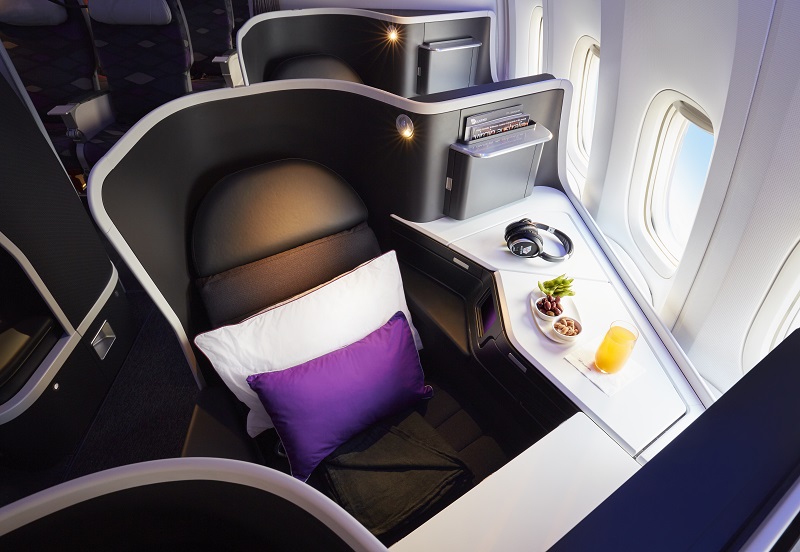
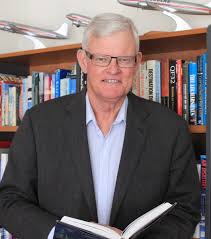
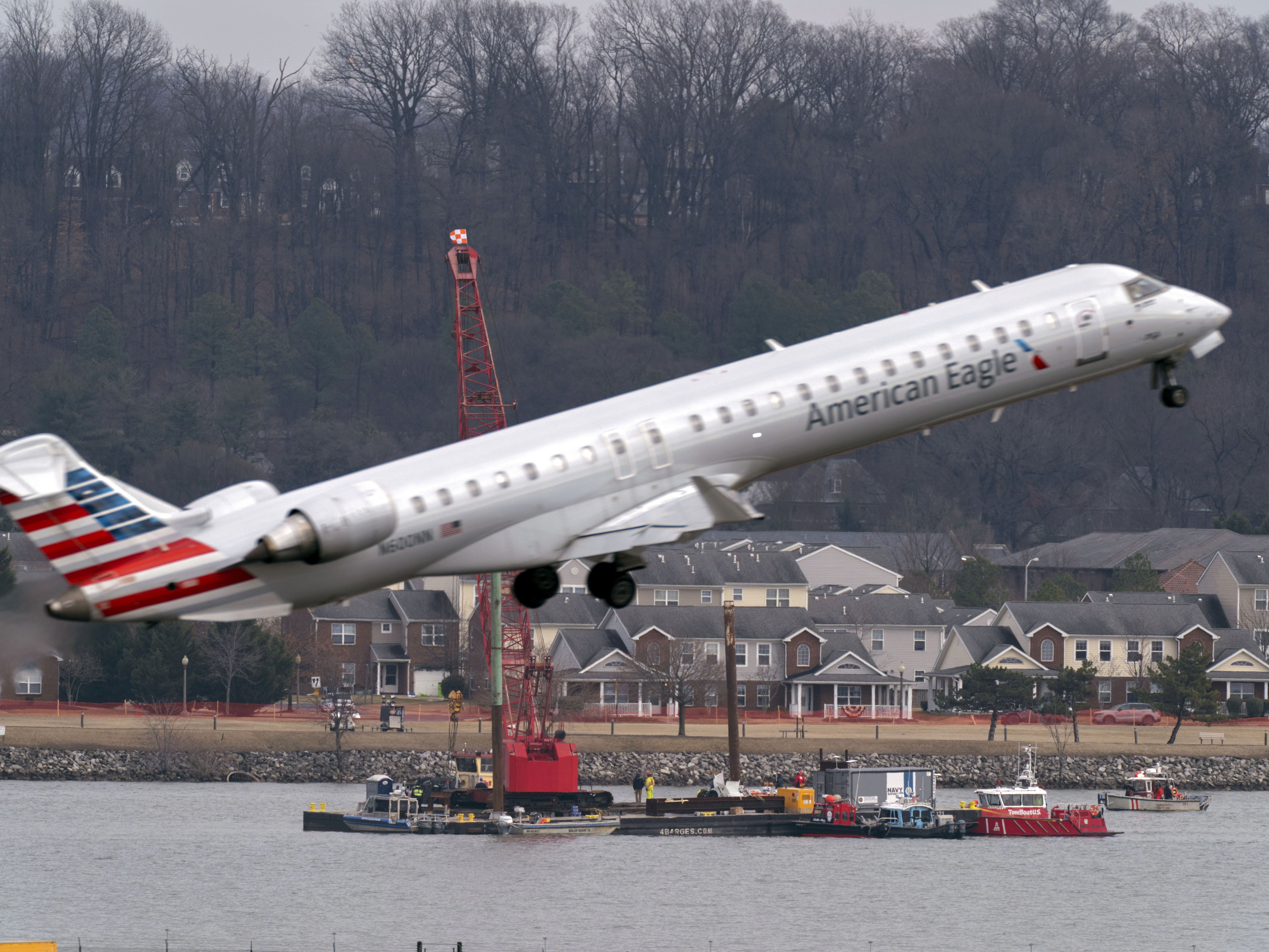
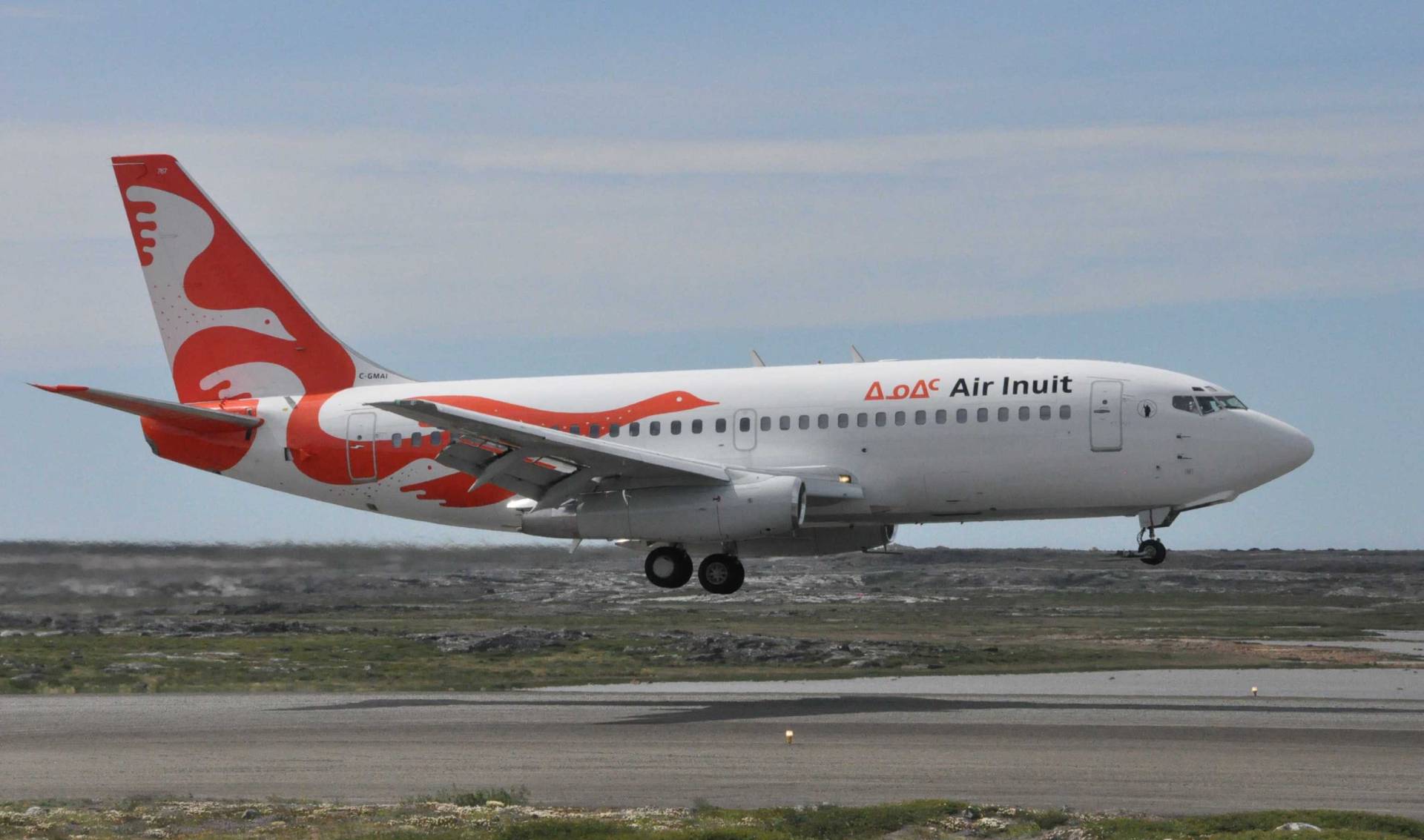
.jpg)
